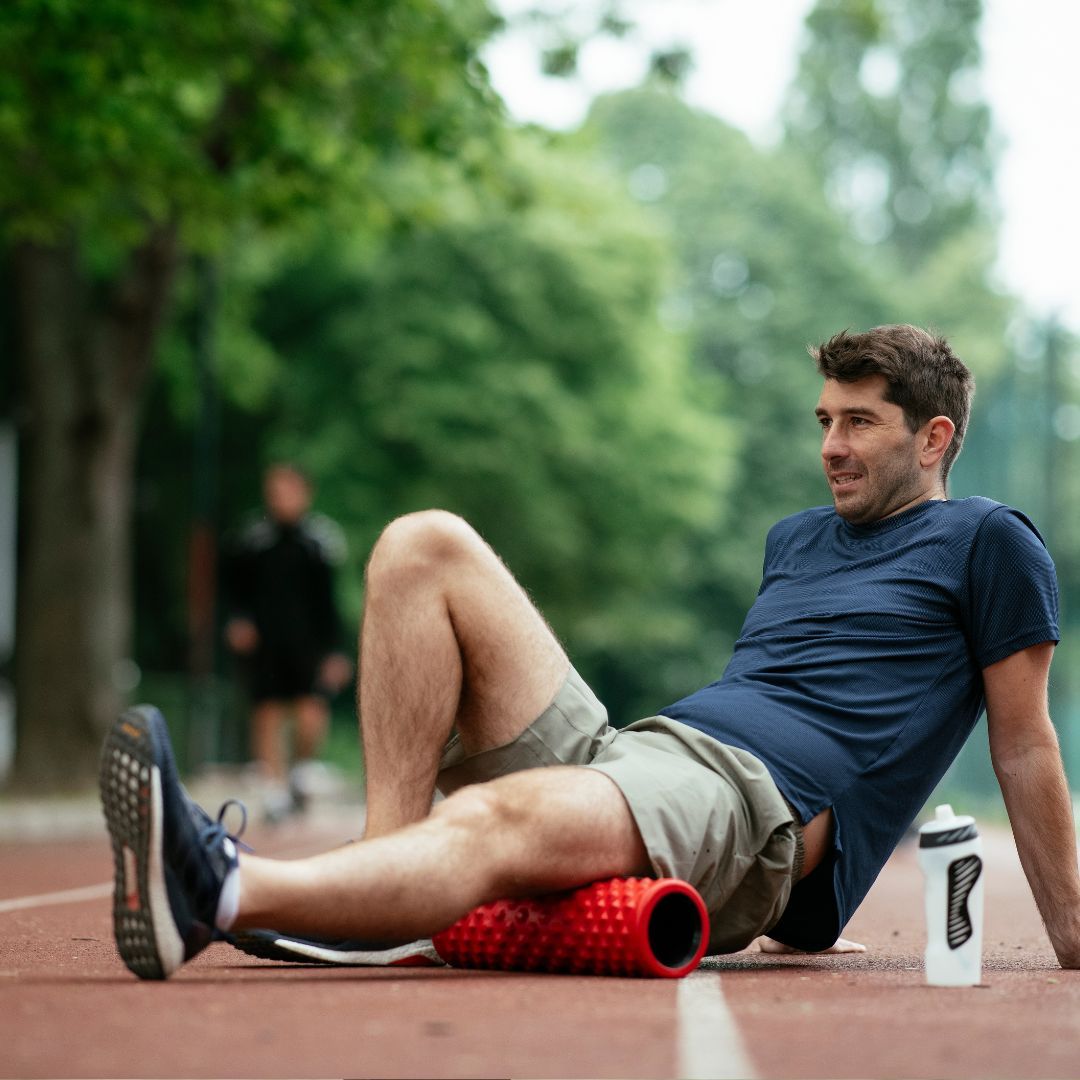Why is rest for endurance athletes so important?
Rest days are the much maligned and most misunderstood aspect of the training plan. And yes, believe it or not, rest days are training!
Rest days are not to be confused with recovery days; I will cover these in another blog. Rest days involve one thing: REST! Not going for a walk, swim or doing yoga. Not landscaping the garden or spring cleaning the house with all your free time that you can’t bear to waste. Rest days are lazy days where you spend time with family watching movies, having conversations, playing board games or just some quiet time on your own.
Rest days are vitally important for athletes so that the body has time to repair, rebuild, and strengthen. Running and cross-training cause muscle tissue breakdown and the depletion of energy stores (muscle glycogen) as well as fluid loss. These all need rest to recover and rebuild. Without adequate and planned rest there is the chance that your body will create an injury or develop a sickness that will make you rest….and probably for more than one day a week or fortnight! You have one body…look after it!! Without rest days built into your training plan you increase your risk of injury and over-training syndrome. Not to mention, general staleness and decreased desire to run. A rest day is a good psychological break from running. They can also help with family relationships as you will have more time and energy to devote to your loved ones.
Rest weeks are also a component of training. Your workload should gradually build over three weeks, with the fourth week being a rest week of reduced volume. In this way, you are ready to start the next four week cycle raring to go!
Of course, as well as rest days and rest weeks, we need to consider long term rest, where you rest between training cycles. After your ‘A’ race, a full week of rest from all exercise is great for the body and mind…and relationships as well. You can then slowly re-introduce unstructured exercise that is more about having fun than any serious training. After two weeks of unstructured, fun exercise (not necessarily running!), you can introduce some running back into your program, but once again, easy and fun. After this, the new program can begin!
Remember, any well-planned training program should include planned rest days on a regular basis, as well as rest between training cycles. At Peak Endurance Coaching we ensure that you have planned rest so you that you can train hard when you need to. In this way you will be primed to achieve your best!











